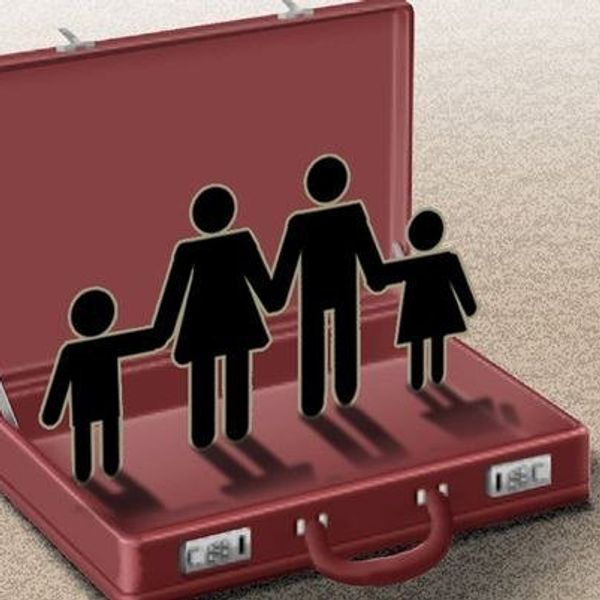For this article, I am taking the opportunity to personally reflect on my summer research project. As most of those near me know, I have been working on a project with Dr. Egge and four other students on campus at Centre. We have been interviewing World War II veterans all summer, looking to record and compile their unique experiences from over 70 years ago.
In addition, each student involved in the project has selected their own research topics ranging from minority experiences in the war to religion to my own project, which focuses on heroism in the war. My project is concerned with the interesting development of the idea of a hero. As my peers and I have discovered, almost all of the veterans we have interviewed claim that they would not consider themselves a hero. Instead, they argue, they were only doing their duty. In addition, these veterans did not feel as though they were welcomed home as heroes and most of them attribute this to the sheer number of men who were involved in the war. One veteran said that one out of every nine men in the United States was a World War II veteran. They did not feel special. However, many noted that the idea of being a hero of World War II has been developed over time. The vast majority of these veterans feel like they have been recognized more today compared to their immediate return from the war. Is it because there are fewer men to recognize? Does it become easier to reward these remaining men with numbers lessening each passing day? I think so.
Each of the veterans we interviewed have their own unique ways of classifying one as a hero but there seems to be trends towards certain common characteristics. These characteristics include courage and the willingness to put one's life on the line for another. With the trend towards recognizing veterans increasing according to the veterans themselves, one wonders why the idea of heroism has changed for the general public while it doesn't seem to for those who served.
Overall, I have enjoyed my project, and I look forward to finding the answers to my questions with more research. I have enjoyed giving these World War II veterans voices because each story is unique and significant, no matter how ordinary the veteran may argue he or she is.





















